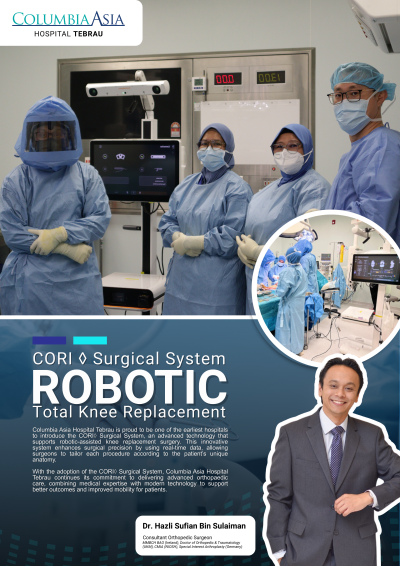AMSTERDAM – Royal Philips (NYSE: PHG, AEX: PHIA), a global leader in health technology, and Vanderbilt University Medical Center (VUMC), home to the top-ranked adult and pediatric hospitals in the Southeastern U.S., today announced a collaboration that aims to reduce the health system’s carbon footprint while determining a blueprint to guide industry efforts.
The project is with the radiology department, where efforts will focus on measuring and addressing energy consumption of VUMC’s diagnostic imaging devices including MR, CT, ultrasound and X-ray. The two organizations plan to publish their findings with the aim of promoting knowledge exchange and enabling others in the industry to enhance their environmental strategies.
The healthcare industry is responsible for an estimated 7.6% of U.S. and 4.4% of global emissions [1]; with its heavy energy, equipment, and supply usage, radiology is a significant contributor to the CO2 emissions responsible for climate change [2]. Philips will work with VUMC to collect a range of equipment lifecycle data, including radiology data and measurements of the equipment energy consumption, analyze operational workflow efficiency and interview VUMC staff and faculty to build computational models on which to run simulations. The teams will then summarize piloted interventions to test the reduction of the department’s carbon footprint.
“We consider climate care as healthcare. Taking steps to reduce the carbon footprint in healthcare isn’t just an opportunity, it’s also a responsibility. The future of radiology requires us to be cognizant, aware and proactive about addressing this issue which directly affects the communities we live in and the patients we treat,” said Reed Omary, MD, MS, Carol D. and Henry P. Pendergrass Professor and Chair of Radiology at Vanderbilt University Medical Center.
“We have a collective responsibility to help mitigate climate change, which is why we’ve entered into this collaboration. Working together will allow us to leverage Philips’ general healthcare and specific radiology expertise – as well as their own success in achieving CO2 net-zero operations – to make important reductions in our carbon footprint.”
In addition to financial costs for a given diagnosis, VUMC’s Department of Radiology and Radiological Sciences understands that there is also an additional carbon cost to make that diagnosis. Philips brings knowledge and a longstanding commitment to sustainability to the collaboration.
Recently, Philips became the first health technology company to have its entire value-chain CO₂ emissions reduction targets approved by the Science Based Targets initiative (SBTi) with strategic action plans in place. The company has reported solid progress in reducing CO2 emissions across its innovations and supply chain, and has operated globally carbon neutral since 2020.
Philips builds on decades of experience reducing energy consumption, waste, and materials and substances usage by embedding its EcoDesign criteria and circular business models across product innovation and ways of working.
Through digitalization and collaboration, the company actively seeks to expand access to care, while working closely with customers and partners to improve the environmental impact of in-use diagnostic imaging technology.
“Philips and VUMC share a common vision – that systemically addressing climate change is going to take commitment and collaboration across the industry. Philips’ 2023 Future Health Index found that nearly half of U.S. healthcare leaders are planning to overcome challenges to implementing sustainability initiatives by sharing best practices and learnings from peers,” said Jeff DiLullo, chief region leader, Philips North America.
“We are optimistic that results from this partnership will not only assist Vanderbilt in its effort to understand and address carbon emissions in its own radiology department, but serve as a model for others seeking to decarbonize their operations.”













